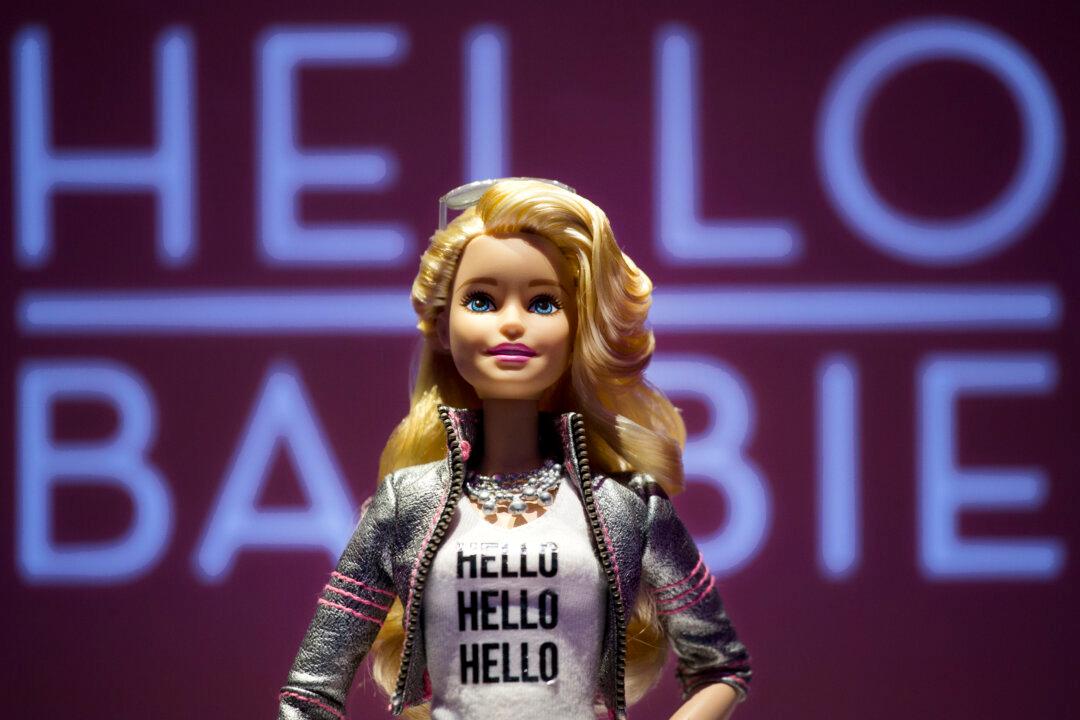With flashing lights and a pumping disco song the newest version of toy maker Mattel’s flagship product, Barbie, is taking the tiny spotlight—it’s Hello Barbie, a toy so smart it can imitate actual conversation.
“The number one request we receive from girls globally is to have a conversation with Barbie, and with Hello Barbie we are making that request a reality,” stated Stephanie Cota, Mattel’s senior vice president of global communications, via email.
The new Barbie connects to Wi-Fi and sends what you tell her to ToyTalk, a voice recognition company. ToyTalk analyzes the recording and picks a suitable pre-scripted line, sends it back to Barbie and voila! Barbie talks.
The doll also asks you questions about what you like or what you want to be when you grow up. ToyTalk remembers the answers and features your likes in Barbie’s responses.





